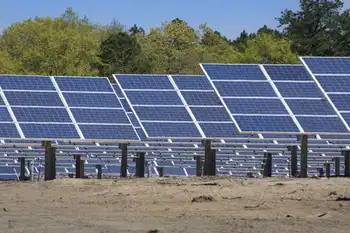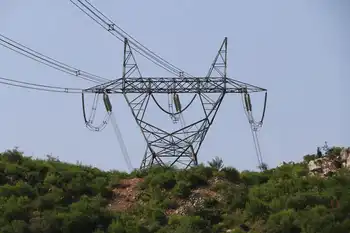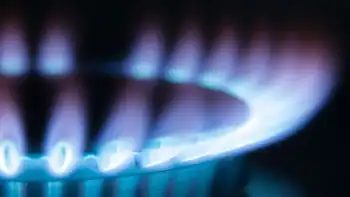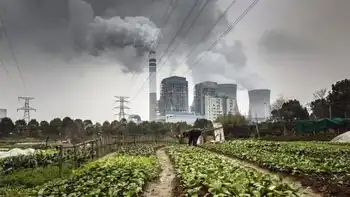Debate about nuclear power returns to legislature
INDIANA - There are no nuclear power plants in Indiana, but lawmakers are expected to wrestle next year with whether to offer an incentive that could boost prospects for building reactors in the state.
Members of the legislature's Regulatory Flexibility Committee are scheduled to discuss nuclear energy in Indiana on September 22, and panel's co-chairmen — Rep. Win Moses, D-Fort Wayne, and Sen. Jim Merritt, R-Indianapolis — have already staked out opposing positions.
The debate centers on whether utilities should be able to charge customers for the cost of building a nuclear plant as soon as construction begins, rather than having to wait until the reactor is operating. Current state law only allows utilities building so-called "clean coal" power plants — those that release less carbon dioxide — to charge customers for construction that is still in progress.
Earlier this year, the Republican-controlled Senate voted to let utilities charge customers as construction of nuclear plants is under way, but Moses — chairman of the House Committee on Commerce, Energy, Technology and Utilities — killed the bill. The issue was designated for further study, and Moses expects it to be a big issue during the legislative session that starts in January.
There are 104 nuclear power plants in the United States, providing about 20 percent of the nation's electricity. Indiana does not have a nuclear power plant, although a facility in southwestern Michigan provides electricity to many residents in northern Indiana.
Moses opposes nuclear power plants, saying they are expensive, risky to build and produce radioactive waste that lasts for years. He fears they would become a popular option for utilities in Indiana if state law allowed the immediate recovery of construction costs, and is worried consumers would be stuck with the bill if a utility started building a nuclear plant and later abandoned the project.
"They (utilities) want to shift all of the risk from shareholders to the rate payers," Moses said.
Moses pointed to Public Service Co. of Indiana's failed effort to build a nuclear plant near Madison in far southeastern Indiana. PSI told stockholders in 1973 the plant would cost $793 million, but after a decade that saw double-digit inflation, construction delays, intensified federal regulation and high interest rates, the estimate soared to $7 billion.
A task force appointed by then-Gov. Bob Orr recommended in 1983 it be canceled and PSI not be allowed to recover its costs from customers. PSI, which eventually merged with Cincinnati Gas & Electric Co. to form Cinergy Corp., abandoned the project in 1984 after spending more than $2 billion. Moses said the utility and its stockholders had to eat the costs.
Merritt said allowing utilities to recover costs from ratepayers while building nuclear plants would be a "powerful incentive" for establishing them in Indiana. He supports the position of the Nuclear Energy Institute, which considers nuclear energy a source of clean-air, carbon-free electricity.
"It's been successful around the country," Merritt said.
But he said a utility wanting to build a nuclear plant should first have to demonstrate a need for more electricity, and any project would have to be closely monitored by state regulators to keep costs in check. Utilities that abandon projects should have to pay rebates to customers for any costs charged to ratepayers.
"I think rebates have to be a big part of the discussion," he said.
Related News

Cheap oil contagion is clear and present danger to Canada
CALGARY - A war between Russia and Saudi Arabia for market share for oil may have been triggered by the COVID-19 pandemic in China, but the cheap oil contagion that it will spread could have impacts that last longer than the virus.
The prospects for Canada are not good.
Plunging oil prices, reduced economic activity from virus containment, and the fallout from weeks of railway blockades over the Coastal GasLink pipeline all add up to “a one-two-three punch that I think is almost inevitably going to put Canada in a position where its growth has to be negative,” said Dan McTeague, a…




